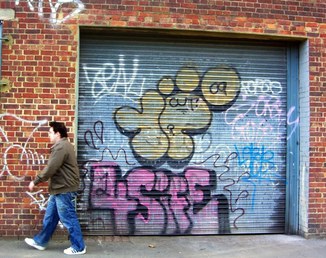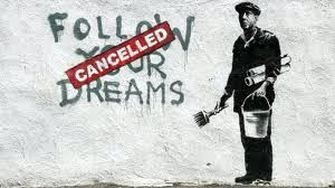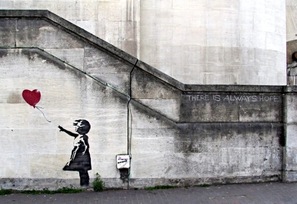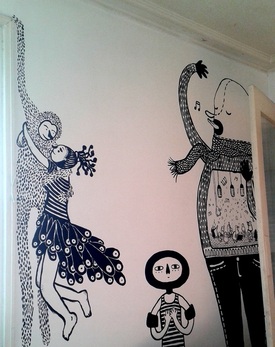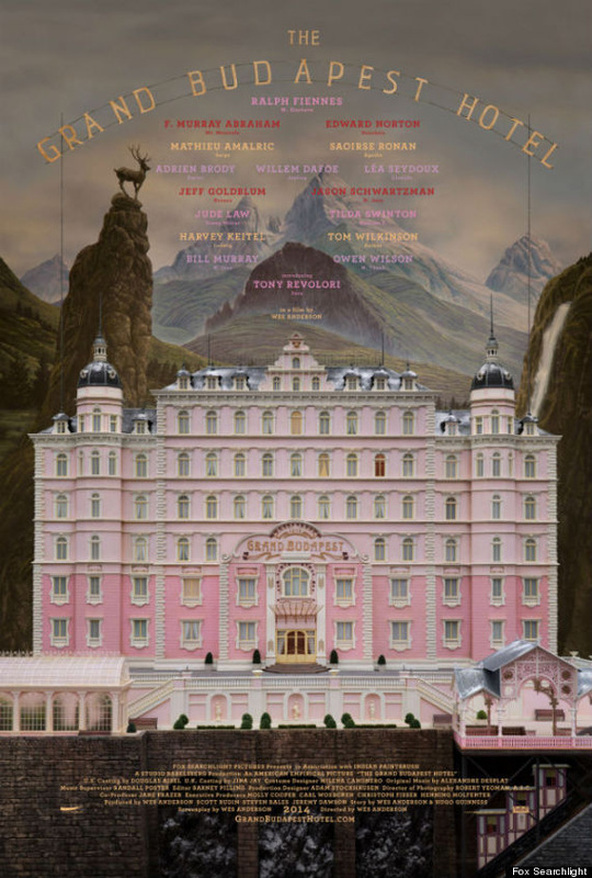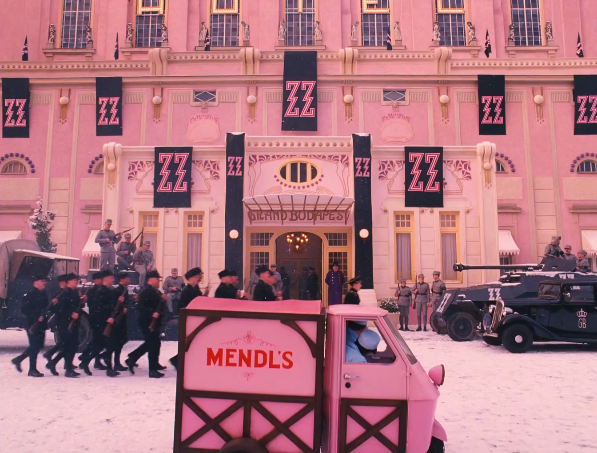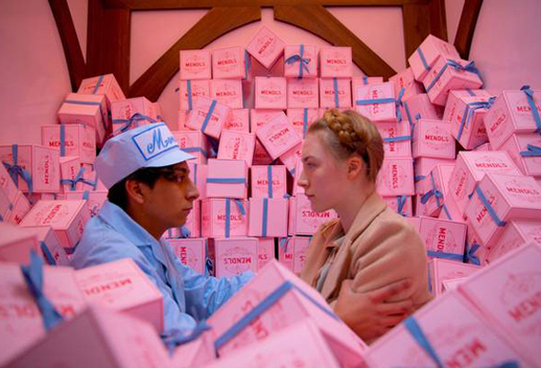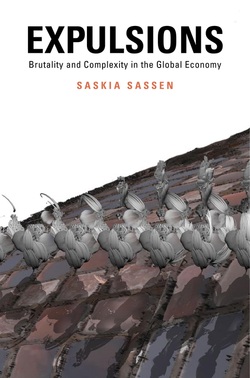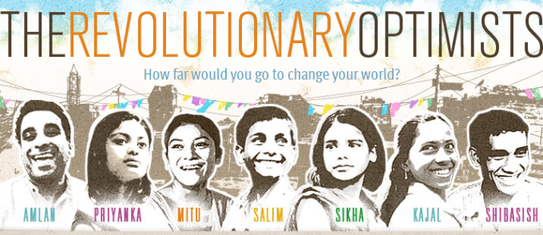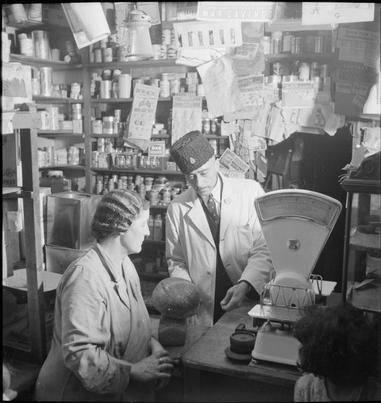First and foremost, Lynch undeniably represents the darkest side of Hollywood –not just in style, but also in content. While his unique combination of the satirical, macabre, comedic and purely horrific make the greats of Hitchcock, Tarantino and Kubrick seem tame in comparison - indeed, his conceptualisations of the grotesque and the beautiful can only be defined as “Lynchian” – he is noted for his portrayal of the damnation of stardom. As homage to influential director Billy Wilder (who epitomised the horrors of Hollwood in film noir and silent flicks, albeit being a non-surrealist), Lynch has depicted parallels of Sunset Boulevard (1950) with his own Mulholland Drive (1996) and Inland Empire (2006). Notably, both are named after Los Angeles locations, but most importantly they both explore the most hollowing secrets that Hollywood has to offer. Indeed, how can one not appreciate a film that reveals the truth Hollywood tries so fervently to conceal?
[https://www.youtube.com/watch?v=KtzSSG8X9e0]
The mastery of surrealism is another aspect of cinema that Lynch stands alone in his mastery: while all directors risk straying too far into their imaginations, Lynch successfully manages to convey the power of the intangible in a manner that only a true student of Bunuel could achieve. He knows how to draw the line between abstraction and idiocy (something I wish more contemporary directors were capable of). In fact, Mulholland Drive is my favourite of his for this very reason: in his trademark style of sarcastic austerity, he compiles a sequence of events that are perfectly logical despite their inexplicable connections, leading the audience to experience a sensation that can almost be described as metaphysical. It feels as though he is hinting at a darker, universal truth that we can all inherently experience but none can explain. Indeed, it has baffled critics for well over a decade and spurned multiple interpretations that all seem viable, yet none of them truly hit the spot. He has concealed his secret well, and left us thirsty to understand what he was hinting at. A great man indeed.
[https://www.youtube.com/watch?v=xrC3Bf-CvHU]
Critics have also revelled Lynch for his unique visual style and musical expressions; signature trades which developed during his formative years as a painter and amateur musician. In fact, Lynch only discovered film when experimenting with short animations of his own drawings; micro-productions which attracted the attention and investment of actor and director Mel Gibson. It was only thanks to this encounter that Lynch acquired the funding to produce his first feature film, the cult-classic Eraserhead (1977). It is undeniable that his passion for the grotesque transcends from the canvas to cinema screen, as shown by his use of obscure lighting, metamorphoses of shapes, translucent shadows and absurd satire – aspects which can all be rooted in his first animation, Six Men Getting Sick Six Times (1966) and beyond to his college-year paintings. Surely, we will never forget the monstrous lipstick mania and inexplicable fairy godmothers of Wild At Heart (1999) or the silent gasmasks of Blue Valentine (1986). Indeed, Lynch’s iconic visual style – the fundamental vessel for his creativity – has ultimately redefined the notion of Arthouse film.
[https://www.youtube.com/watch?v=oK-2_OsBe0s]
Quite simply, nobody is making films like David Lynch, nor can anyone even manage anything similar to what Lynch can produce. The intricacy of his characters and the eerie logic of his plotlines are his signature; a signature nobody can forge. The witty dialogues and sporadic insanity are paralleled, or even successfully mirrored, by no other (although perhaps Paul Thomas Anderson comes close…)
Do check out his music too, it’s interesting!
https://www.youtube.com/watch?v=3SpG7C4vHZQ]


